
Pluto-Sun Transits: Conjunction
 Pluto is silent. It doesn’t demand attention like Mars, nor seduce like Venus. It waits, silent and still, in the caverns of the subconscious, where the real work — the profound, messy, unglamorous work — begins. Astrologically speaking, Pluto isn’t content with surface-level tinkering. It’s not interested in helping you rearrange the furniture of your personality. No, Pluto’s intention is to burn the house down entirely so you can see what was underneath the foundations all along. It’s the planetary equivalent of a nervous breakdown that ends in spiritual awakening, the lover who leaves you to teach you how to love yourself, the job loss that leads to the rediscovery of your purpose. When Pluto transits, or touches key parts of your chart, life doesn’t gently usher in changes — it compels. It draws you into circumstances that feel fated, intense, and often agonizing. These aren’t the mild inconveniences of Mercury retrograde or the moodiness of the Moon. These are initiations. You don’t choose Plutonian transformation — it chooses you. It grabs you by the roots of your being and pulls until what no longer serves you is torn away, revealing some raw, primal essence of self that had been buried beneath layers of fear, identity, and inherited pain.
Pluto is silent. It doesn’t demand attention like Mars, nor seduce like Venus. It waits, silent and still, in the caverns of the subconscious, where the real work — the profound, messy, unglamorous work — begins. Astrologically speaking, Pluto isn’t content with surface-level tinkering. It’s not interested in helping you rearrange the furniture of your personality. No, Pluto’s intention is to burn the house down entirely so you can see what was underneath the foundations all along. It’s the planetary equivalent of a nervous breakdown that ends in spiritual awakening, the lover who leaves you to teach you how to love yourself, the job loss that leads to the rediscovery of your purpose. When Pluto transits, or touches key parts of your chart, life doesn’t gently usher in changes — it compels. It draws you into circumstances that feel fated, intense, and often agonizing. These aren’t the mild inconveniences of Mercury retrograde or the moodiness of the Moon. These are initiations. You don’t choose Plutonian transformation — it chooses you. It grabs you by the roots of your being and pulls until what no longer serves you is torn away, revealing some raw, primal essence of self that had been buried beneath layers of fear, identity, and inherited pain.
Pluto’s terrain is the underworld. It’s where you meet the parts of yourself you’ve disowned — the rage, the shame, the wild yearning for power or control — and instead of banishing them further, you are asked to hold them, to learn from them, to integrate them. It is not light work. But oh, is it holy. Because Pluto doesn’t just destroy. It regenerates. It is the power of compost — the dead matter of your old life becoming the fertile soil for something unrecognizably new.
It is often compared to the metamorphosis of the caterpillar. It isn’t a gentle shift, but a total dissolution of form. Inside the chrysalis, the caterpillar becomes a kind of soup — an undignified, chaotic ooze. But within this chaos lies the butterfly. Pluto teaches us that sometimes we must become unrecognizable to become who we truly are. There’s no rushing a Plutonian process. It unfolds in the time of the soul. And while it may feel like annihilation, it is, in fact, a process. To be stripped of illusions. To let go of control. To find power not in dominance, but in surrender. True power, Pluto’s kind of power, is rooted in authenticity. In the knowing of one’s depths. In the capacity to hold pain and still keep the heart open. So when you find yourself in the grips of a Pluto transit, or wrestling with the themes this planet governs, know that what is happening is a rebirth. You are not losing your way — you are becoming it. And when the darkness lifts, as it eventually will, you will not return to who you were.
A Bone-Deep Transformation
Pluto affects you in the bone-deep way that life sometimes insists on — uninvited, unrelenting, utterly disarming. A Plutonian experience is rarely something we read about like tourists thumbing through a mythological guidebook. No, it’s something that happens to us, often with the unsettling intimacy of a storm entering through the front door, rearranging everything we thought we understood about who we are. To lose control — truly, is feeling the floorboards of your life buckle beneath your feet. It is to stand naked before the divine, trembling, unadorned, yet somehow closer to truth than you’ve ever been. Pluto doesn’t seek your cooperation. It demands your surrender. And it does so out of an uncompromising devotion to your evolution.
Innocence is a lovely thing, but it is often born of ignorance, of illusion, of carefully curated identities and beliefs we’ve inherited without question. Pluto takes these gently spun stories and pulls at the threads until the whole thing unravels. This loss of innocence, painful as it is, marks the beginning of wisdom. The child in us may mourn the simplicity of before, but the adult — that battle-scarred, spirit-forged creature — begins to rise from the ashes of what was. Pluto is relentless in its desire to reveal. You may try to hide, to bargain, to cling — but ultimately, the only way out is through. And what’s being asked is that you learn to let go with grace. Let go of the old self. The masks. The stories. The fears dressed as certainty. What remains after such a shedding is the unyielding strength of someone who has faced the abyss and not turned away.
In the abyss, you’ll confront the parts of yourself you’d rather not know: jealousy, rage, abandonment, shame. But in doing so, you no longer live in fear of your shadow. You become whole. You begin to see that empowerment isn’t about becoming more dominant or more confident in the usual sense. It’s about becoming real. It’s about standing in your truth even when it’s messy, even when it’s painful, even when no one else understands. Personal maturity born of Pluto isn’t a polite, well-mannered kind of growth. It’s a fierce, soulful knowing. It’s the kind of transformation that can only be earned by walking through the fire and letting it burn away everything that isn’t truly you. What emerges isn’t someone new, per se — it’s someone true.
So if you find yourself in the thick of it — confused, scared, undone — know this: Pluto doesn’t take without giving. It strips you down to make space for the self you were always meant to be. And when the dust settles, when the silence returns, you’ll discover a voice within you that wasn’t there before — or perhaps, one that was always there, just waiting for the noise to die down.
The Mystic Art of Transformation
The mystic art of transformation is so often mistaken for the literal transmutation of lead into gold, yet it is far more resonant when understood as the metaphor it truly is. The Pluto transit behaves like a secretive sorceress of the universe, wielding the tools of dissolution, decay, and dark introspection. It takes the base materials of the psyche—the egoic projections, the inherited fears, the calcified habits and identities—and subjects them to existential heat. And it burns with the slow, steady fire of deep process. It’s the molten core of the Earth reshaping the landscape of your being from within.
Under Pluto’s transit, nothing that is false can remain intact. It is ruthless in its honesty. And this is where the pain enters—because much of what we’ve called our “self” has been a collage of what we’ve been told to be, what we thought we ought to be, or what we became simply to survive. Pluto isn’t interested in these masks. It’s only interested in what lies beneath. So the transits come and cut away what no longer belongs. This is why the process is so arduous. You’re not just changing jobs or ending relationships or moving houses—though you might be doing all of those things. What you’re really doing is dying. Not literally, but symbolically. The old self, the old story, the “you” that once seemed permanent, is dissolving. And just like in the alchemical tradition, you must endure the nigredo, the blackening—the phase where everything turns dark and seems lost. But this darkness isn’t a void. It’s the womb.
Then comes the albedo—the washing, the clarifying. And finally, the rubedo, the reddening, the rising of new life, passion, maturity. The emergence of the butterfly. And here’s the bit they often forget to mention: the butterfly remembers the chrysalis. It remembers being goo. It remembers the pressure. And it carries this wisdom in its wings. So when you emerge, transformed and renewed, you don’t forget what you’ve been through. But you see it differently. You see that it wasn’t madness but meaning. Not cruelty but catalyst. And you feel within yourself a new kind of power—quiet—not the power to control the world, but the power to know yourself in it. 🜃🜂🜁🜄
The Underworld
The underworld, in this sense, isn’t some hellish pit of torment, but rather a terrain of unflinching transformation—where the old self goes to change into something startlingly new. To undergo a Plutonian experience is to face the rawness of your inner world with the kind of honesty that strips away all social veneers. You begin this journey like Orpheus, descending into the murk, compelled by some unnameable ache to find what’s been lost. And what you often find, nestled in the damp folds of the subconscious, are your oldest companions: fear, grief, rage, shame. Not monsters, really—just fragments of yourself waiting to be held.
This confrontation isn’t some melodramatic skirmish—it’s the slow burn of realization. The fears that once ruled you start to dissolve the moment you truly look at them. You don’t need to banish them. You can’t bypass them with affirmations or distractions. Just see them. And in this seeing, something astonishing begins: the unraveling of the persona you built around those fears. The persona that kept you safe, palatable, presentable. This is the shedding. And it isn’t graceful. It’s not like removing a jacket when the sun comes out. It’s more like peeling off a second skin, raw and reluctant, clinging on because it was convinced it was you. But Pluto insists otherwise. It says: This isn’t the end. You’re being revealed.
And then—gradually, then all at once—you begin to sense the rebirth. It’s a shift. You laugh differently. You speak more from the gut than the script. You stop apologizing for your depth. You find renewed strength. You become less interested in playing roles and more interested in living truthfully, even if it means being misunderstood. Pluto doesn’t leave you unmarked. It brands you with experience, but also with power. You come out the other side with a kind of maturity that can’t be taught—only earned.
The Dark Mirror
To anticipate a Pluto transit to your natal Sun is to stand before the furnace of the self, aware that soon, all that is not truly you will be asked to step aside—or be burned away. The Sun sits at the center of your chart, speaks of identity, purpose, will—your essential “I am.” So when Pluto sidles up, with its subterranean vibe and obsidian mirror, what it brings is a reckoning. And yet, how exquisite that reckoning is. Pluto does not ask, “Are you ready?” It does not knock gently on the doors of your psyche. It breaks them down with the urgency of destiny. And why? Because the Sun, while strong and vital, often gets encased in ego, in performance, in all the ideas we’ve gathered about ourselves from childhood myths, societal expectations, and the need to survive. A Pluto-Sun transit says, “Let’s find out who you are beneath all this scaffolding.”
This isn’t a phase of mere surface adjustment. The ground shakes, but only because something buried long ago is stirring, hungry to live. Perhaps you’ve sensed it already—something within you straining against the walls of who you thought you were. Pluto’s touch will expose the inauthentic, the performative, the inherited identities that never quite fit. And while this exposure might come through loss, confrontation, or crisis, it is never for the sake of suffering. It is always for liberation.
What makes this transit so powerful is the sheer intimacy of its touch. You may find your relationships shifting, your goals dissolving, your body even responding with symptoms of transformation. But these are just symptoms of the deeper shift: the emergence of a more authentic self, stripped of pretense. This kind of transformation isn’t instantaneous. It’s a season of the soul, often years in its unfolding. You may experience moments of despair or confusion—but they are the darkened womb before the birth. You may find yourself enraged, grief-stricken, or trembling with an unfamiliar power—but that, too, is Pluto at work, dragging the unseen into the light so it can finally be claimed and integrated.
A Shadowy Spell
The slow, inexorable transit of Pluto as it casts its shadowy spell upon the Sun isn’t a fleeting flirtation,, but a years-long courtship with the soul. Pluto doesn’t do quick fixes. It does root work. It digs into the marrow of identity, beneath the polish and persona, past the polite answers and curated profiles, and asks—sometimes with brutal urgency—Who are you, really? And the reason it takes years is because no one can answer this question in a day. It’s not a self-help query; it’s a confrontation. Over this protracted period, life itself becomes full of inevitable changes. Events once seen as random or cruel begin to reveal a kind of logic—a career collapses because your calling has outgrown its current container. A relationship ends because you’re being asked to love yourself first—not in some trite, bubble-bath way, but in the raw, boundary-setting, soul-claiming sense. Friendships may fall away. Family ties may be tested. And most unsettling of all, long-held beliefs—about yourself, about life, about what it means to succeed or be loved—may suddenly feel like borrowed clothing that no longer fits.
All of this isn’t just change. It’s metamorphosis. And it requires time. Because you’re shedding skin. And in the in-between—when the old self has cracked and fallen away but the new self is still germinating in the dark—there can be confusion, grief, even despair. You may feel lost. But you are not. You are becoming.
A Rite of Passage
A Pluto transit to the natal Sun is no casual affair. It is a soul’s rite of passage. And while its challenges may at first seem like cruelty—identity shaken, relationships dissolved, stability questioned—every unraveling moment, every confrontation with fear or limitation, serves the great arc of your becoming. And so, while you may feel at times like you’re losing everything, what you’re actually losing is what no longer serves your evolution. During this time, introspection is vital. You’re drawn inward, sometimes reluctantly, to examine what lies beneath the surface. You face fears as initiates face trials. These fears are old, stitched into your psyche long before you ever had words for them. Pluto brings them to the surface to free you.
And freedom, in Pluto’s world, doesn’t look like avoidance or control. It looks like release. You let go—of old dreams, outdated versions of yourself, toxic attachments, and illusions that once provided comfort but now only confine. In their place, something remarkable grows: a grounded, blood-and-bone knowing of who you are, what you value, and why you’re here. After such a transit, you don’t bounce back. You rise. You don’t return to normal—you emerge with a new normal, one built on depth, and aligned with your soul’s purpose. The self Pluto transforms emerges more self-aware, more compassionate, more courageous, and more able to hold space for others still moving through their own dark nights.
The Final Stitch in the Dark
A Pluto transit to the natal Sun is no ordinary event. It’s a summons, a soul-scribed invitation to step beyond the known borders of identity and descend into the rich, loamy underworld of the self. During this passage, one becomes the vessel of transformation itself. The Sun, symbol of selfhood, ego, purpose, is placed under Pluto’s gaze, and nothing false survives its stare. The path is daunting. One may encounter death, loss, face hidden fears, or feel the ground of certainty give way beneath their feet. But these aren’t misfortunes—they’re milestones. They are undoings, carving out space for something far more enduring: authenticity. Power, here, is redefined as the quiet, invincible strength of knowing who you truly are.

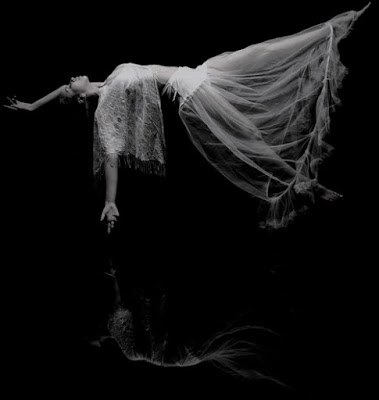
















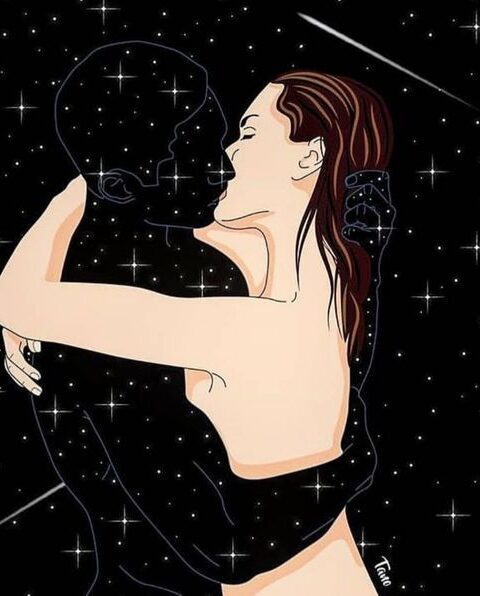
 Venus Trine Mars Synastry
Venus Trine Mars Synastry
 Sun Square Pluto Synastry: You’ve Got That Power Over Me
Sun Square Pluto Synastry: You’ve Got That Power Over Me
 Mars-Pluto Synastry: Something Quite Dark and Dangerous
Mars-Pluto Synastry: Something Quite Dark and Dangerous
 Moon Conjunct Pluto Synastry
Moon Conjunct Pluto Synastry
 Venus-Pluto Synastry: A Love So Powerful That It Might Just Kill Them
Venus-Pluto Synastry: A Love So Powerful That It Might Just Kill Them
 Mars-Saturn Synastry: The Eternal Loop
Mars-Saturn Synastry: The Eternal Loop
 Scorpio’s Cold Withdrawal
Scorpio’s Cold Withdrawal
 Mars Conjunct Pluto Synastry
Mars Conjunct Pluto Synastry
 Composite Sun in Houses: Part 1
Composite Sun in Houses: Part 1
 Mars Square Pluto Natal Aspect: The Unbreakable Spirit
Mars Square Pluto Natal Aspect: The Unbreakable Spirit
 Pluto in the 5th House
Pluto in the 5th House
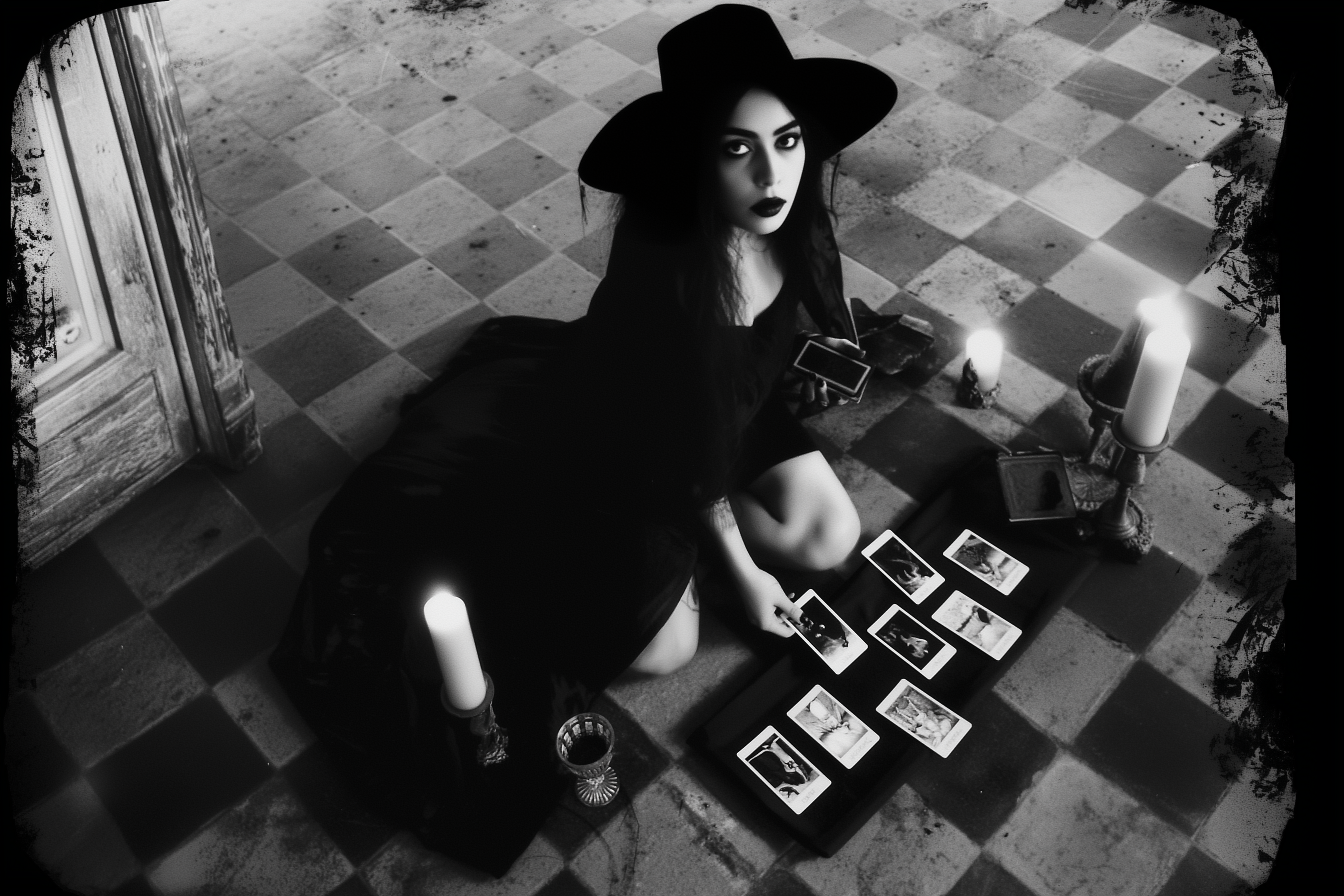 Scorpio, 8th House and Pluto – Black Magic & Family Curses
Scorpio, 8th House and Pluto – Black Magic & Family Curses
 Mars in Aquarius: Sex drive
Mars in Aquarius: Sex drive
 Pluto in the 11th House
Pluto in the 11th House
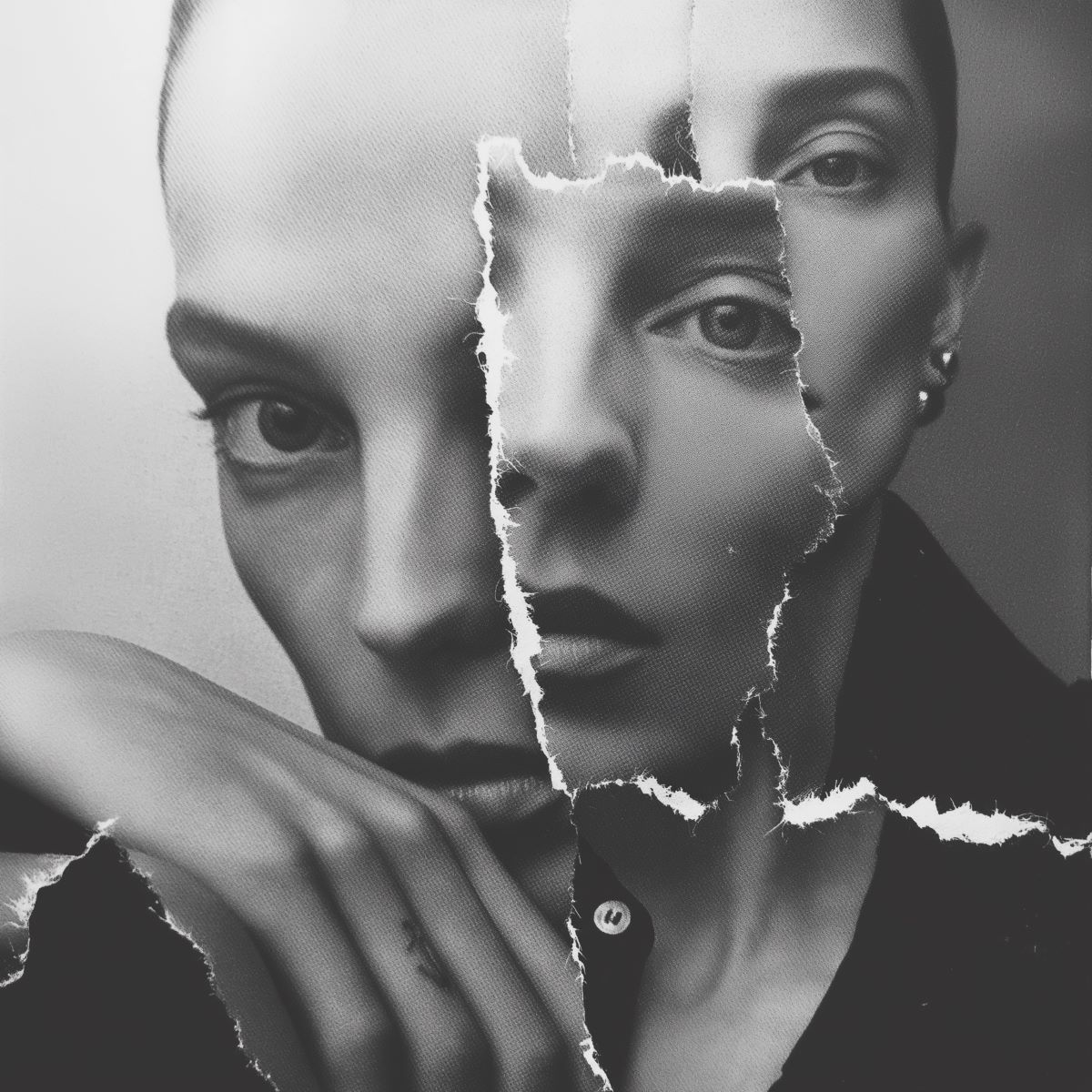 T-Squares
T-Squares
 Mercury Square Pluto Natal Aspect
Mercury Square Pluto Natal Aspect
 Venus-Pluto: The Magnificent Obsession
Venus-Pluto: The Magnificent Obsession
 Uranus Transits 8th the House: Rebirth from Chaos
Uranus Transits 8th the House: Rebirth from Chaos
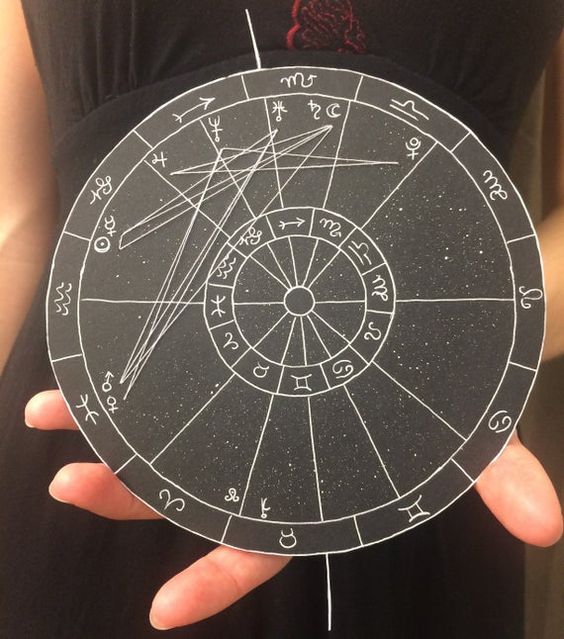 Astrology Degrees and Meaning
Astrology Degrees and Meaning
 Emotional Understanding: Moon Trine Synastry Aspects Interpreted
Emotional Understanding: Moon Trine Synastry Aspects Interpreted